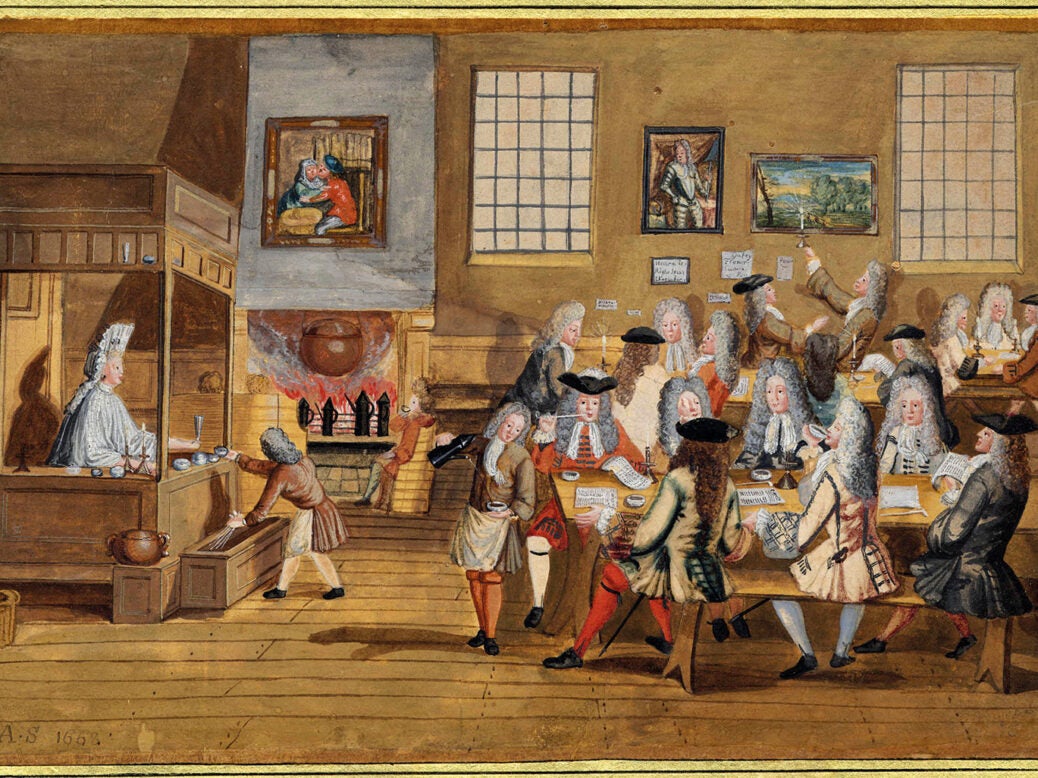Jeremy Cliffe

All is not well in the land of social media. Many of the digital giants that rose to previously unthinkable peaks of power and wealth over recent decades are struggling. Their basic business model – harvesting data about their users and selling targeted access to them to advertisers – is in trouble. The digital advertising market is stalling. And networks built to serve that market through the algorithmic maximisation of user engagement, often exploiting emotions such as rage, fear and envy in the process, have come under greater scrutiny from users and regulators in the so-called techlash.
Facebook has been accused of making products that “stoke division and weaken our democracy” in the words of Frances Haugen, a former employee turned whistleblower. Its CEO Mark Zuckerberg’s big bet on the Metaverse, an immersive form of virtual-reality social networking, has seen his company lose 70 per cent of its stock market value in 2022. Meanwhile Twitter, under the new ownership of Elon Musk, is in crisis. Staff, advertisers and some users have abandoned the platform amid the chaos of Musk’s takeover. “He’s not building a community at Twitter,” wrote the American author Seth Abramson on 29 November after he quit the site, “but a hellscape in which people of good faith must daily fight off the moral dregs of society.”
Smaller competitors are gaining ground, notably the decentralised social network Mastodon and the American site Post – which sells itself as “a civil place to debate ideas” – as well as various other platforms with robotic-sounding names such as Tribel, Plurk or Amino. Everything about discursive social media is suddenly open to question. What sort of news and discussion should it host and encourage? What should be its attitude to participation, networking, user rights and free speech? What should be its business model? What societal role should it seek to play? What, ultimately, is it for?
No comments:
Post a Comment